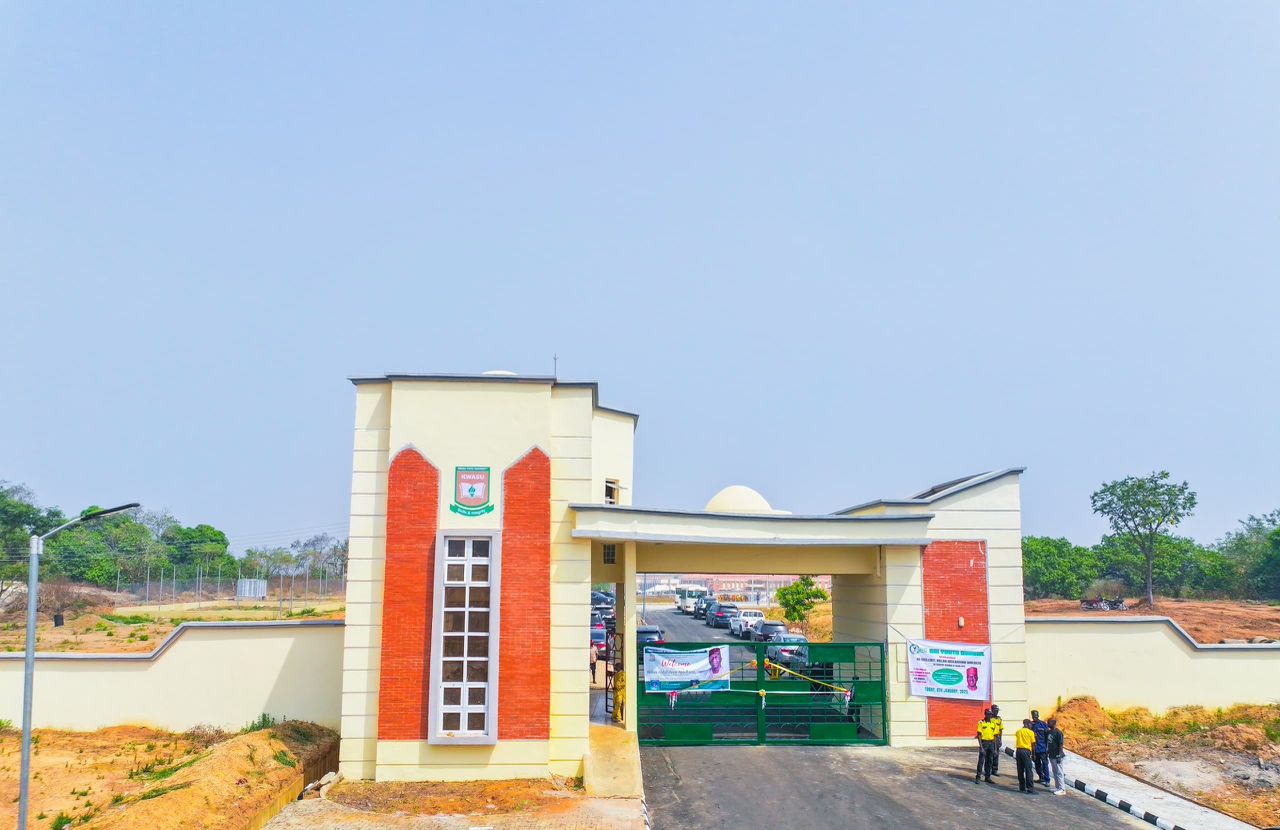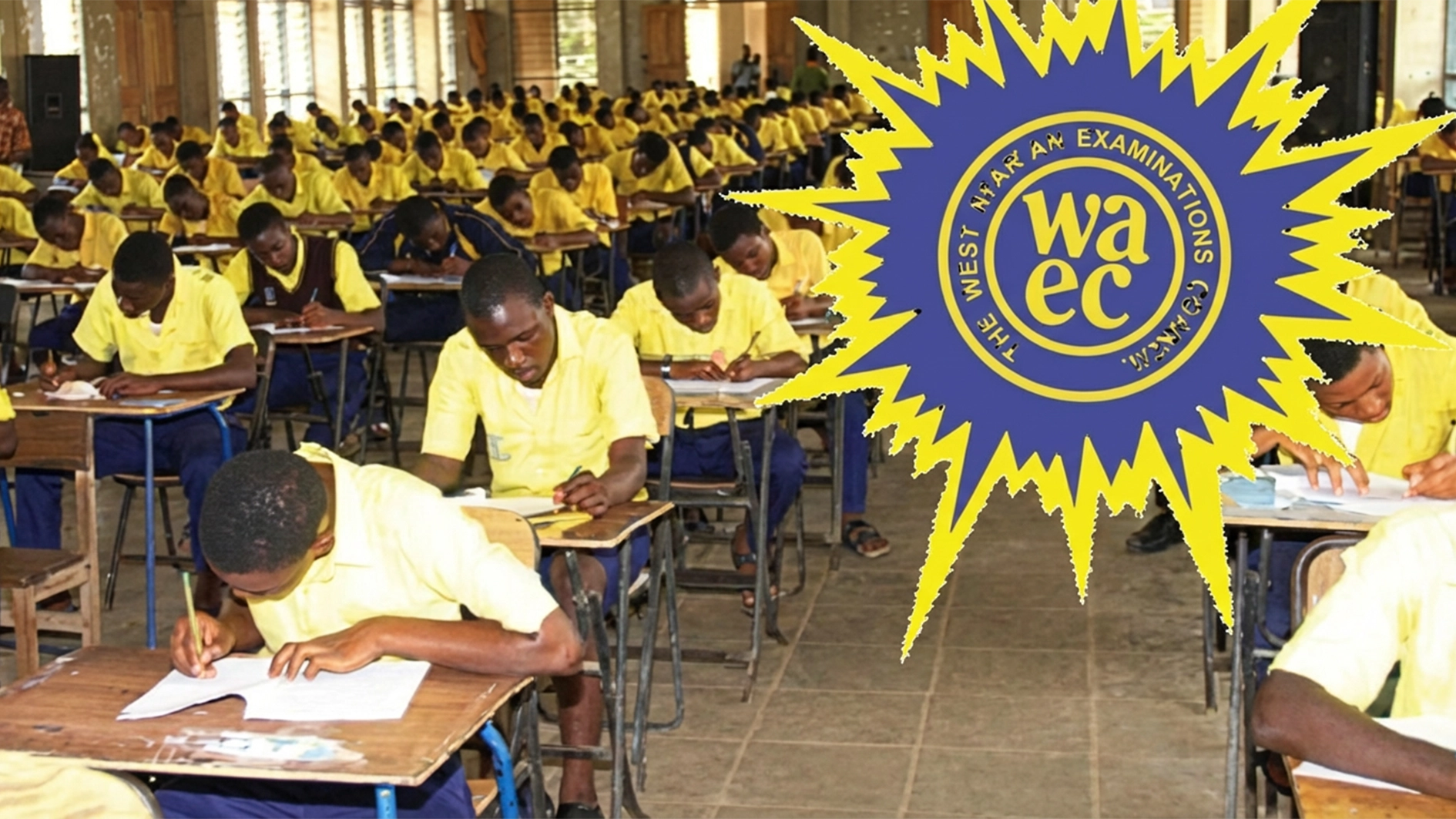
The Vice Chancellor, Christopher University, Mowe, Prof. Oyelana Olatunji, has urged Nigeria and other nations within the global south to find less costly, but more effective alternatives to the present system of enforcing laws on asset recovery and corrupt practices.
Olatunji made the call at a two-day international law conference held at the university.
The conference was a product of collaboration involving a number of international institutions spearheaded by AGA-AFRICA, Christopher University and the University of Liverpool, United Kingdom.
It was a tripartite initiative to bring international and local experts, as well as professionals together to discuss ideas, which may later evolve into a policy framework to empower governments within the global south, strengthen their operations and build capacity to win the battle against illicit accumulation of wealth.
Speaking on the theme: ‘Unexplained wealth in the global south: Examining the asset recovery and return trajectory,’ Olatunji said the current system of demonising offenders and the overbearing attitude of enforcement agencies were undesirable, and counter-productive.
He said the success of operations required a surgical procedure and systematic approach, rather than media stunts that have characterised the operational procedures of many of the anti-graft agencies over the years.
“A quiet invite by officials of the anti-graft agency of an alleged offender for a discussion over a cup of coffee will elicit full cooperation and eventual forfeiture or return of illicit wealth than media trials that we often see on our television networks.
“By this method, the offender will be presented with the options of either plea-bargaining for a return of stolen wealth with suspended jail terms or with full prosecution by government with full consequences of jail terms.
“Secondly, there is the business angle to this new method or approach. All repatriated funds or ill-gotten wealth achieved through plea-bargaining could be invested locally or offshore in businesses jointly owned by government and independent corporate organisations, after which the entire business reverts to a public corporate entity. This will impact the economy directly, and in the most effective way.
“This approach is more effective and productive than the present allocation and sharing of stolen funds between the three-tiers of government. The latter approach continues to put the money in the hands of public servants and politicians, who often mismanage the funds through other forms of corrupt practices, and the money returns to the foreign bank accounts in Swiss banks,” Olatunji said.
Noting that most nations within the global south are bleeding through these unwholesome practices by officials of government and captains of industries alike, the vice chancellor assured that the outcomes from the conference, by way of policy recommendation, would help expand and strengthen the legal framework relating to fraud discovery, asset tracing, recovery and misappropriation of illicit funds.
Olatunji said the theme would be developed and incorporated into the university’s research focus with a view to building enduring literature and research, as well as setting the goals for future national and regional discussions that would attract a more diverse audience.
Chairman, Economic and Financial Crimes Commission (EFCC), Mr Ola Olukoyede, said the issue of unexplained wealth is not a local one, as there are jurisdictional legislations across the world to tackle it.
“Till date, countries of the world are faced with criminalities from money laundering practices and illicit funds. These circumstances led to the promulgation of unexplained wealth orders (UWOs) that came into force in 2018. Several countries, such as the United Kingdom, Australia, Mauritius and African countries like Kenya, Zimbabwe, and Trinidad and Tobago, in the Caribbean, have come up with UWO. Nigeria is yet to come up with a national legislation on it,” he said.
Olukoyede said due to the absence of legislation on the issue of unexplained wealth, the commission has continued to rely on provisions of Section 7 of its Establishment Act to handle it.
Principal Superintendent, Independent Corrupt Practices and Other Related Offences Commission (ICPC), Lagos State Office, Hadiza Rimi, said corruption in African countries is a major issue.
She said Nigeria, for instance, loses up to 40 per cent of its oil revenue to corruption, leading to high rates of poverty, conflict, insecurity, and disease.
Rimi said the absence of legal provisions is a major setback for domestic and international asset recovery and anti-corruption efforts in Nigeria.
“Non-conviction approaches have been prioritised by the executive and judiciary, but the judiciary and judges still complain about the persistent lack of training and gaps in existing frameworks. Stakeholders have urged judges to use powers to recover assets in the absence of conviction,” Rimi said.
She said the recent passage of the Proceeds of Crime Recovery and Management Act, 2022, is considered a boom for the fight against unexplained wealth, providing an effective legal and institutional framework for the recovery and management of proceeds of crime or unlawful activity.
Rimi charged the Federal Government to continue its high international engagements, strengthening multilateral and bilateral relations and agreements.
She said policy guidelines should be issued on the implementation of recovered assets, the end- use of recovered assets, while disaggregated data of recovered assets must be enforced and harmonised across all agencies with the mandate to confiscate and seize assets.






